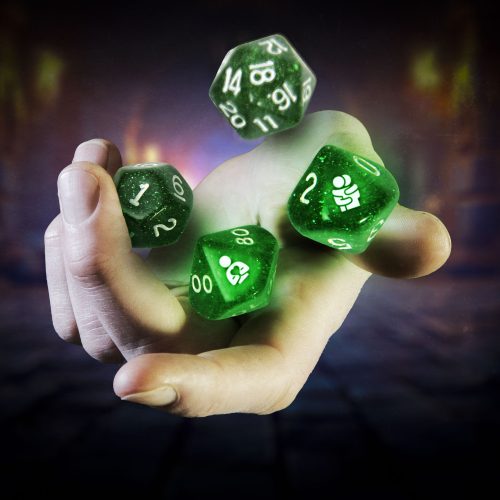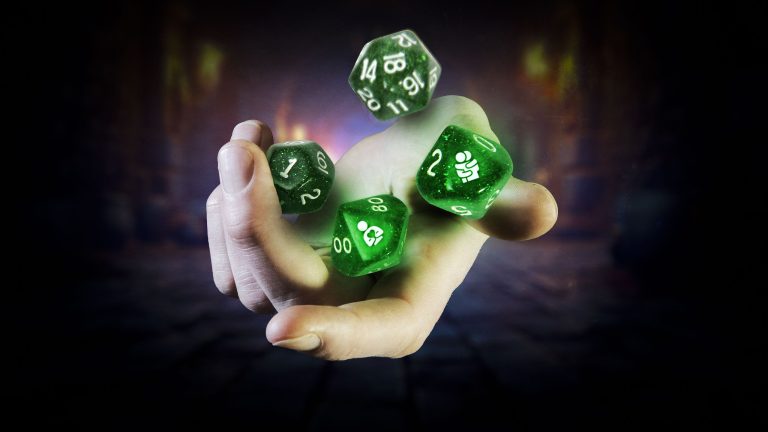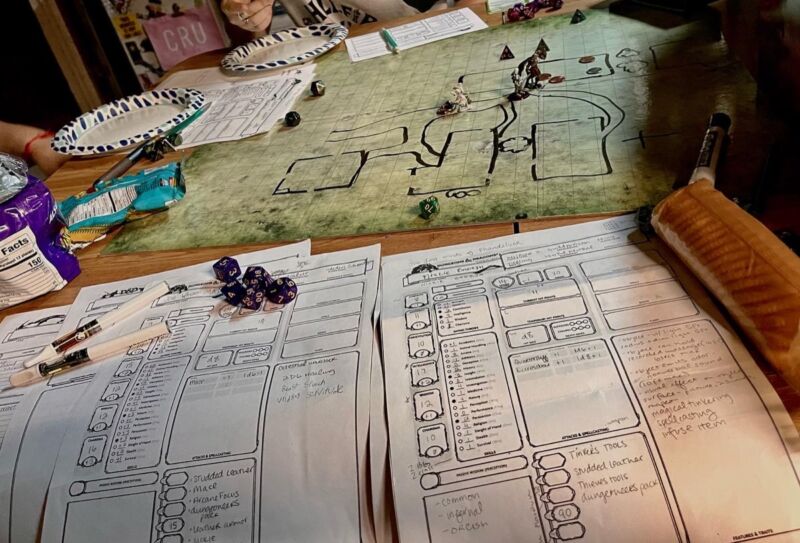Dungeon-mastering emotions: D&D meets group therapy
This year marks the 50th anniversary of the tabletop role-playing game (TTRPG) Dungeons & Dragons (D&D). A game of creativity and imagination, D&D lets players weave their own narrative, blending combat and roleplaying in an immersive gaming experience. And now, psychologists and therapists are working to turn it into a tool by exploring its potential benefits as a group therapy technique.
Research is still in progress to determine if there are links between playing D&D and enhanced empathy and social skills, but the real-life impact of D&D therapy is slowly gaining traction as staff of counseling practices that have embraced D&D group therapy say they are witnessing these benefits firsthand.
“It seems particularly useful in combating the effects of social isolation and improving both interpersonal skills and intrapersonal skills (problem-solving),” explained Gary Colman, the chairman of Game Therapy UK, a registered charity staffed by volunteer professionals who are developing evidence-based therapeutic gaming projects. “In practical terms, it can also be used for a range of purposes, including modeling positive behavior and teaching soft social skills and basic educational skills, including language and numeracy.”


© Aurich Lawson | Getty Images
